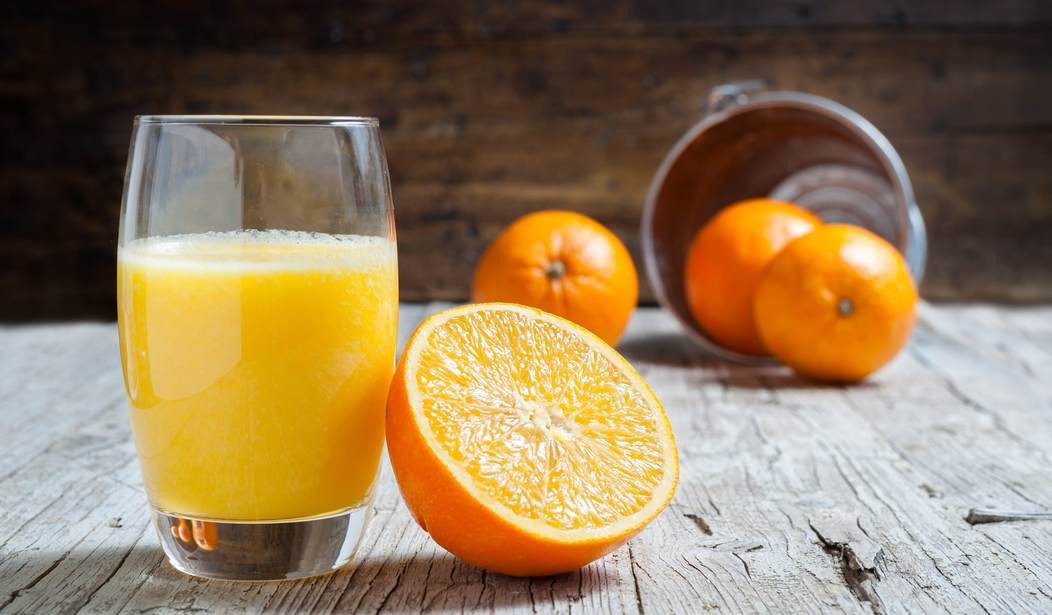Over recent years, juice has been getting a bad rap. For a long time it always seemed like a healthy option. But now that the American Academy of Pediatrics (AAP) has released its most recent recommendations, the message is crystal clear: “Fruit juice offers no nutritional benefits over whole fruit for infants and children and has no essential role in healthy, balanced diets of children.”
While both juice and whole fruit provide ample vitamins, nutrients, and antioxidants, fruit has fiber which is essential. According to the L.A. Times, “[fiber is] good for you because it helps keep your blood sugar in check, reduces cholesterol and cleanses your colon. And it can help prevent unwanted weight gain, since it takes much longer to eat a piece of fruit than it does to drink the juice it contains.”
Juice can also cause dental issues. Some children are permitted to carry around sippy cups full of juice all day (or go to bed with bottles or cups of juice at night), which can lead to tooth decay.
As for what the AAP suggests about juice by age group, the recommendations might surprise you. For children under the age of 6 months, no fruit juice should be offered at all. Infants require nothing more than breast milk or formula — both of which provide the necessary combination of protein, fats, and nutrients. In fact, water shouldn’t even be given to children this young.
For kids between the ages of 6 months and 1 year, juice should still be avoided. Babies at this age typically eat pureed fruits and veggies, but the liquids they consume should be limited to breast milk, formula, and water.
If parents opt to give their babies juice anyway, the pediatricians offer this advice:
- Limit juice intake to 4 ounces per day.
- Serve juice in a cup, not a bottle.
- Do not put babies to bed with juice that they can sip throughout the night.
- If the goal is to rehydrate a baby with acute gastroenteritis, use electrolyte solutions instead of juice.
Toddlers and children under 6 years old have the tendency to love juice because it is sweet — plus, it’s everywhere. Go to any children’s party or event, and chances are you’ll find juice there. And who doesn’t love a fun little squeezy box with a mini straw? Nonetheless, the AAP still recommends fighting the good fight and restricting juice intake for this age group. Once again, whole fruit is best.
If parents insist on serving juice, they should limit it to 4 ounces per day for children between ages 1 and 3, and to 6 ounces per day for those 4 to 6.
Parents should also make sure the juice has been pasteurized, the Academy advises. If not, kids risk exposure to dangerous pathogens like E. coli, Salmonella and Crytposporidium.
Finally, children ages 7 and up should try not to consume too much juice.
[..T]hey should not drink more than 8 ounces of juice per day — and amount that represents half of the daily calories that should come from fruit.
Kids and parents should also keep in mind that fruit juice and fruit drinks are not the same. Anything other than 100% juice must be labeled as a juice “drink,” “cocktail” or “beverage.” These items may be fortified with vitamins or calcium, but they may also contain added sugars and other flavors.
Alas, that beverage that we considered healthy while we were growing up apparently has no place in a healthy diet these days.










Join the conversation as a VIP Member